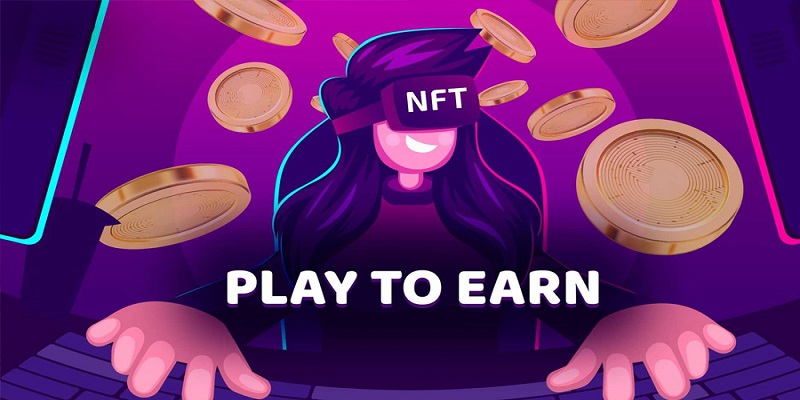
Metamorphosis of technology has opened up space for newer opportunities. Recently, Tezos launched Tezos India Game Launchpad (TIGL), a new initiative that aims to help game developers with grants, technical support, game publishing, fundraising, and supports them to launch their games on the Tezos blockchain. It has been launched in order to raise awareness about the beneficial use of blockchain technology across India.

In conversation with Animation Xpress, Tezos India head of growth Amanjot Malhotra shared, “The Launchpad offers a creative approach to efficiently assist the game developers by helping with everything ranging from defining the roadmap, token economics, and obtaining the grant to giving technical support and putting the game on the Tezos Blockchain. Key services that the launchpad offers include blockchain integration, token development, incubation support, NFT sales and integration, and game optimisation. Through strategic partnerships with big gaming companies and gaming guilds, TIGL will provide game developers with the necessary mentoring and guidance to develop top-notch blockchain games.”
Prior to launching the programme, they performed research and found that despite a number of web2 gaming studios’ desire to switch to web3, many firms struggled to understand the intricacies of blockchain or expressed concerns about how tokenomics or other components of games would work.
“The primary target of our Launchpad is these gaming studios. Three games have already been onboarded by TIGL, and conversations with numerous other games and game creators are ongoing,” he shared.
The $1.6 billion gaming market in the nation is now dominated by the mobile games segment, which accounts for over 90 per cent of the market. Since major gaming companies like Ubisoft and Zynga are currently investigating this market, one might anticipate a quick uptake of web3 games whenever AAA-quality titles are published in the future.
Speaking about the play-to-earn ecosystem enabled by the Web, Malhotra shared, “Play-to-earn games provide value back to gamers. By performing tasks, engaging in player battles, or advancing through different game levels, they can receive prizes in the form of in-game assets such as crypto tokens, virtual land, avatars, weapons, and other non-fungible tokens, or NFTs. Play-to-earn games have their own virtual economies. They have their own cryptocurrency tokens that are created on the blockchain of a certain cryptocurrency.”
Mobile gaming has disrupted Indian gaming and the Indian gaming ecosystem, therefore, it is expected that Web 3.0 games will also be incremental. He expressed that by 2025, there will likely be 650 million mobile gamers in India, up from the current estimate of 430 million. The fact that players are now spending more money on games and in-game purchases is another factor driving gaming businesses to be optimistic about the possibilities of Web 3.0 games in India.
“The idea that Indian gamers don’t make significant purchases is currently changing. All gaming companies are concentrating on the Indian market, and user behavior is changing. This is important because buying NFTs is frequently the initial step in playing a web3 game,” he added.
It’s interesting that gaming has recently evolved into a viable source of income thanks to NFTs. People see video games like Axie Infinity as investments rather than merely for pleasure, which is the main factor in their popularity. The play-to-earn (P2E) distribution model is more appealing to modern gamers because they are fairly compensated for their time.
Malhotra shared, “The success of NFT gaming will ultimately depend on the user experience. It will provide a fuller experience than the current fad for digital art NFTs when NFTs are integrated with a virtual world. Gamers will experience a gaming revolution as a result of 3D gameplay and useful NFTs (such as guns, pets, and bulletproof vests). But before we truly arrive, there needs to be a lot more innovation.”
Web3 gaming is currently going through a phase of trial and error as it enters an unexplored industry. Although it is still in its infancy, play-to-earn has the potential to change more than just the gaming industry. Play-to-earn may have a few drawbacks right now, but the benefits and possibilities are much greater.
